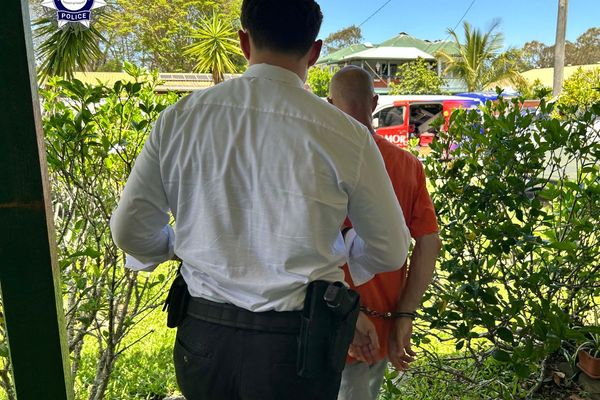
The UK government has “an increasingly antagonistic attitude” towards human rights that is weakening instead of strengthening protections for the public, a European inquiry has found.
Inflammatory language used by MPs and officials to describe lawyers could put their safety at risk, according to the Council of Europe’s commissioner for human rights, Dunja Mijatović.
She said the Police, Crime, Sentencing and Courts (PCSC) Act would have a chilling effect on the right to peaceful assembly, which would be worsened if the public order bill is adopted.
Plans to repeal the Human Rights Act and replace it with a bill of rights would weaken the rights of individuals in the UK, Mijatović said.
The findings have been released in a 47-page report after a four-day visit to the UK in June and July by Mijatović’s team.
They come as Downing Street and the home secretary, Suella Braverman, draw up plans to ban people who come from designated countries from claiming asylum in the UK, and amid reports that No 10 could shelve the justice secretary Dominic Raab’s bill of rights because of timetabling constraints.
The Council of Europe report examined legislative proposals in the UK and concluded that the changes were “difficult to disconnect from a marked political focus on so-called ‘culture wars’ issues”.
It found that professionals who support human rights cases were characterised by government officials and MPs as “politically motivated” or “activist lawyers”.
“While physical attacks on human rights professionals are thankfully rare in the UK, there are concerns that inflammatory language against lawyers may put them at risk,” the report says.
It also says:
Provisions in the PCSC Act that de facto criminalise Gypsy, Roma and Traveller communities leading a nomadic lifestyle must be rescinded.
There is “a high level of anxiety among stakeholders” about human rights protection in the UK, in view of the significant impact of recent and proposed legislation.
The UK’s policies towards refugees, asylum seekers and migrants are eroding their rights. Proposals criticised in the report include newly introduced inadmissibility rules for asylum claims, the possibility of removing persons to Rwanda, and the criminalisation of asylum seekers arriving irregularly.
The emergence of a harsh political and public discourse against trans people in the UK has a negative impact on their rights.
The UK government should consider withdrawing the legacy bill, which offers a conditional amnesty to people accused of killings and other Troubles-related crimes.
Mijatović and her team met four ministers on their UK visit: Raab, the Foreign Office minister Tariq Ahmad, Tom Pursglove, then an immigration minister, and the Northern Ireland minister Jonathan Caine.
The public order bill, which is at committee stage in parliament, has recently drawn criticism from MPs and activists. The government has introduced the bill to tackle disruptive protests, which in recent months have escalated and have been said to place a strain on police resources.
Braverman is understood to be drawing up legislation for the new year to make it easier to reject and remove asylum seekers who come from Albania. More than 12,000 have arrived from the Balkan country via small boats this year, making up about a quarter of all Channel crossings.
Raab’s proposed bill of rights has been criticised by lawyers and former judges who have said it will undermine the UK’s status as a legal centre and risk causing friction with the European court of human rights in Strasbourg.
Last month Raab told MPs: “I think we have a great bill here.”
Reports have claimed that the bill could be held back because Rishi Sunak wishes to concentrate on pushing through legislation on small boat arrivals. One Whitehall source said: “There is some concern over bandwidth, and so it might be held for that reason.”
A government spokesperson said: “The government is committed to protecting human rights and will continue to champion them internationally and at home.
“The bill of rights will strengthen human rights such as freedom of expression, while the Police, Crime, Sentencing and Courts Act improves the balance between the right to protest and the rights of others to go about their business.”







